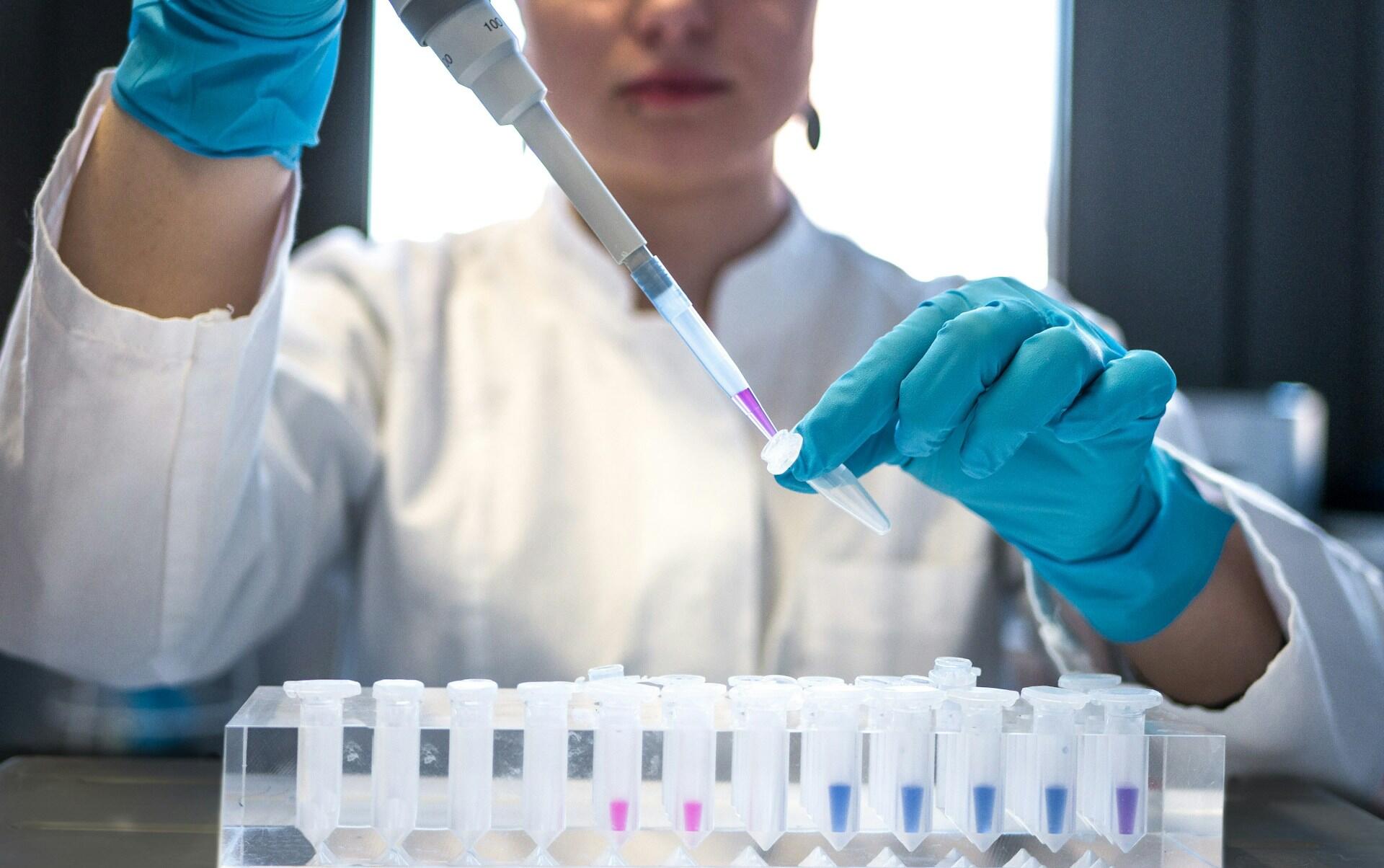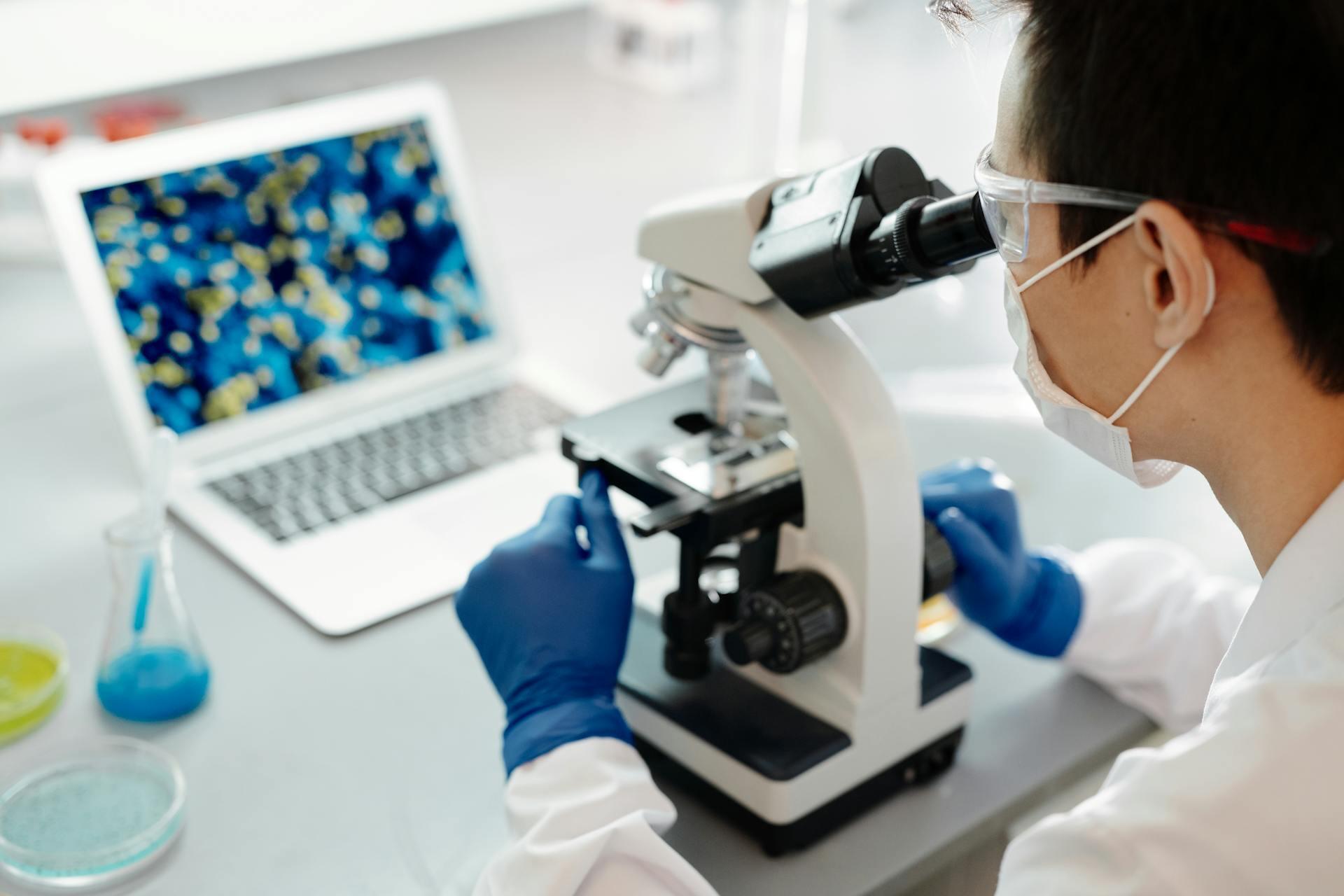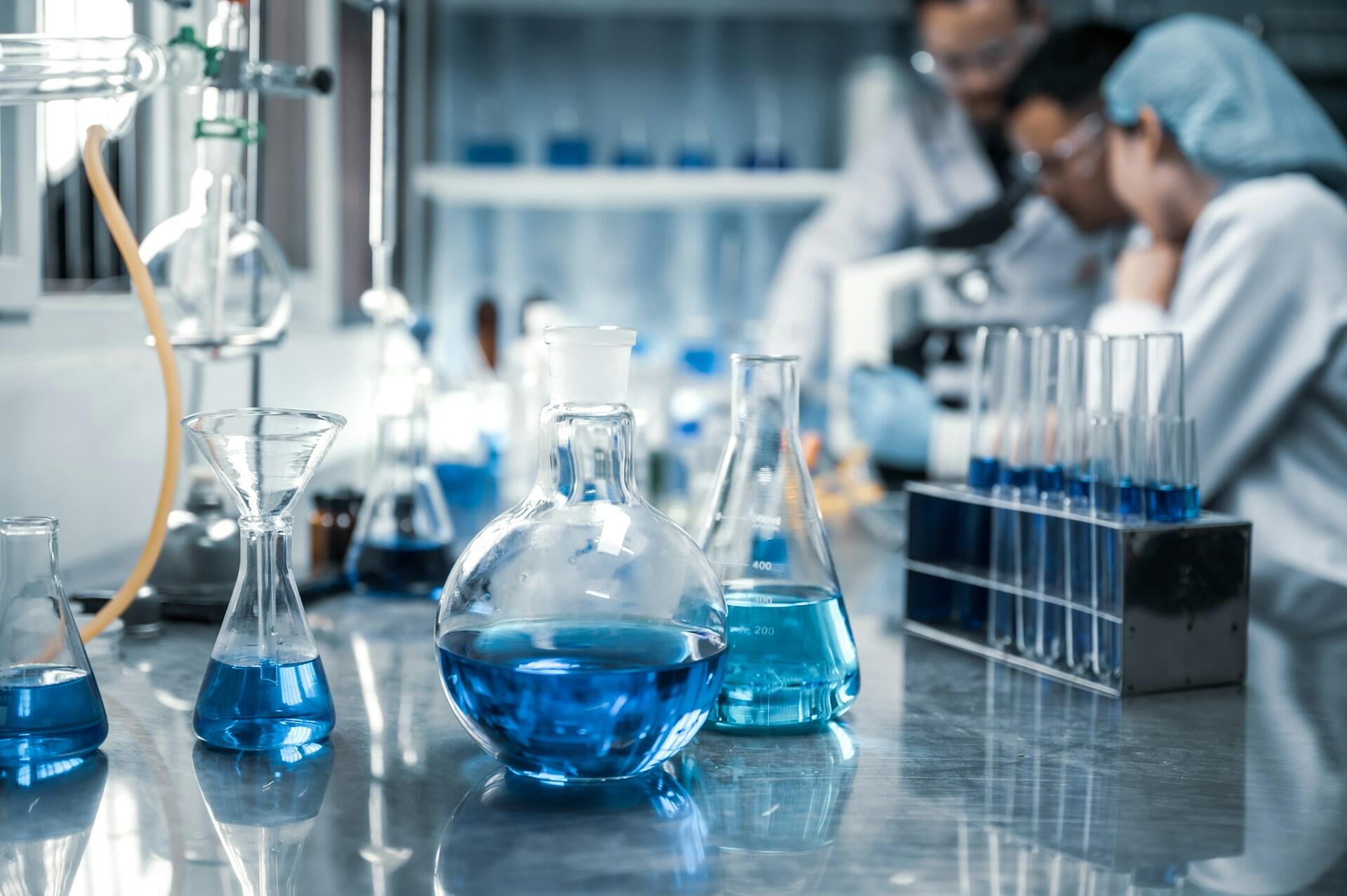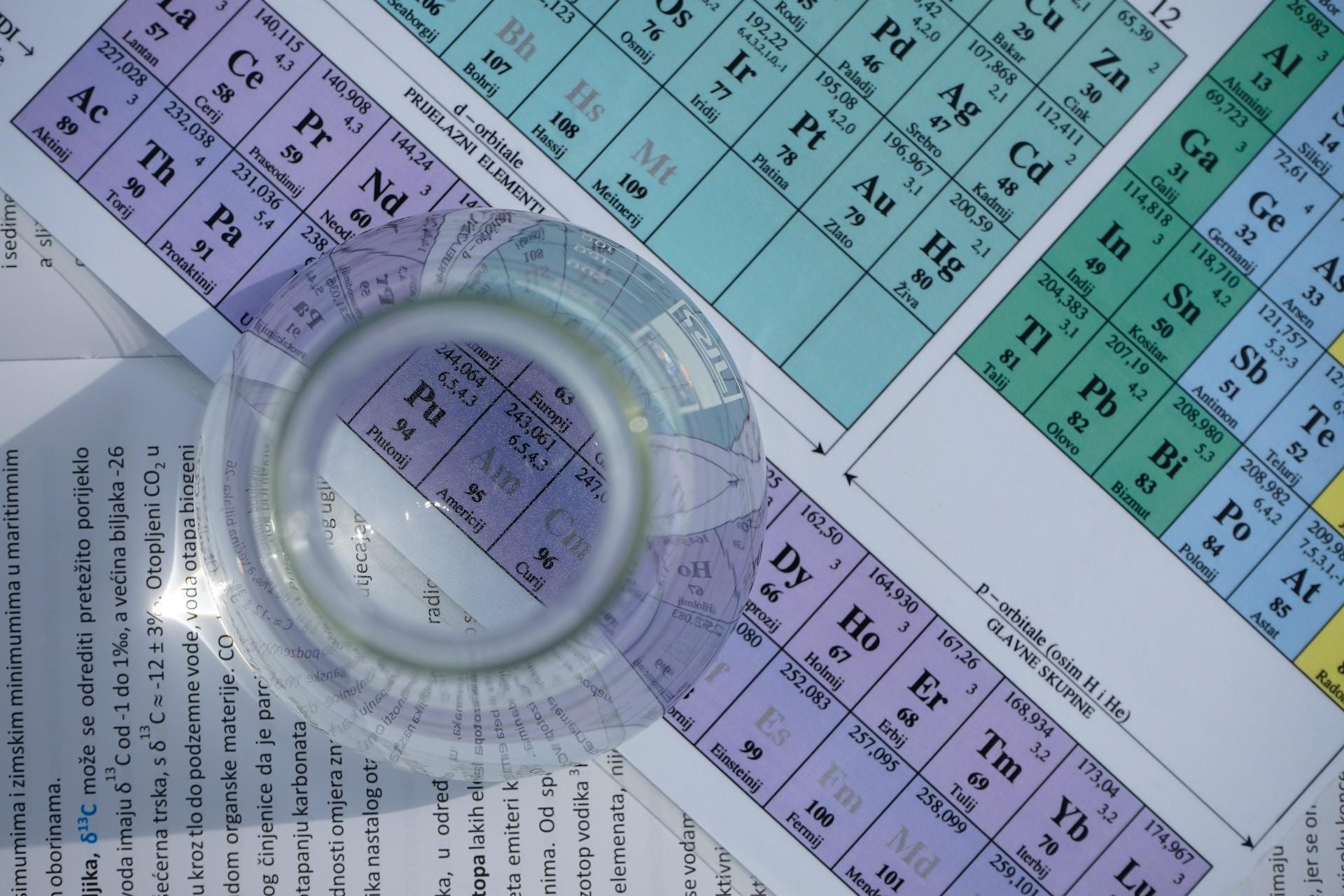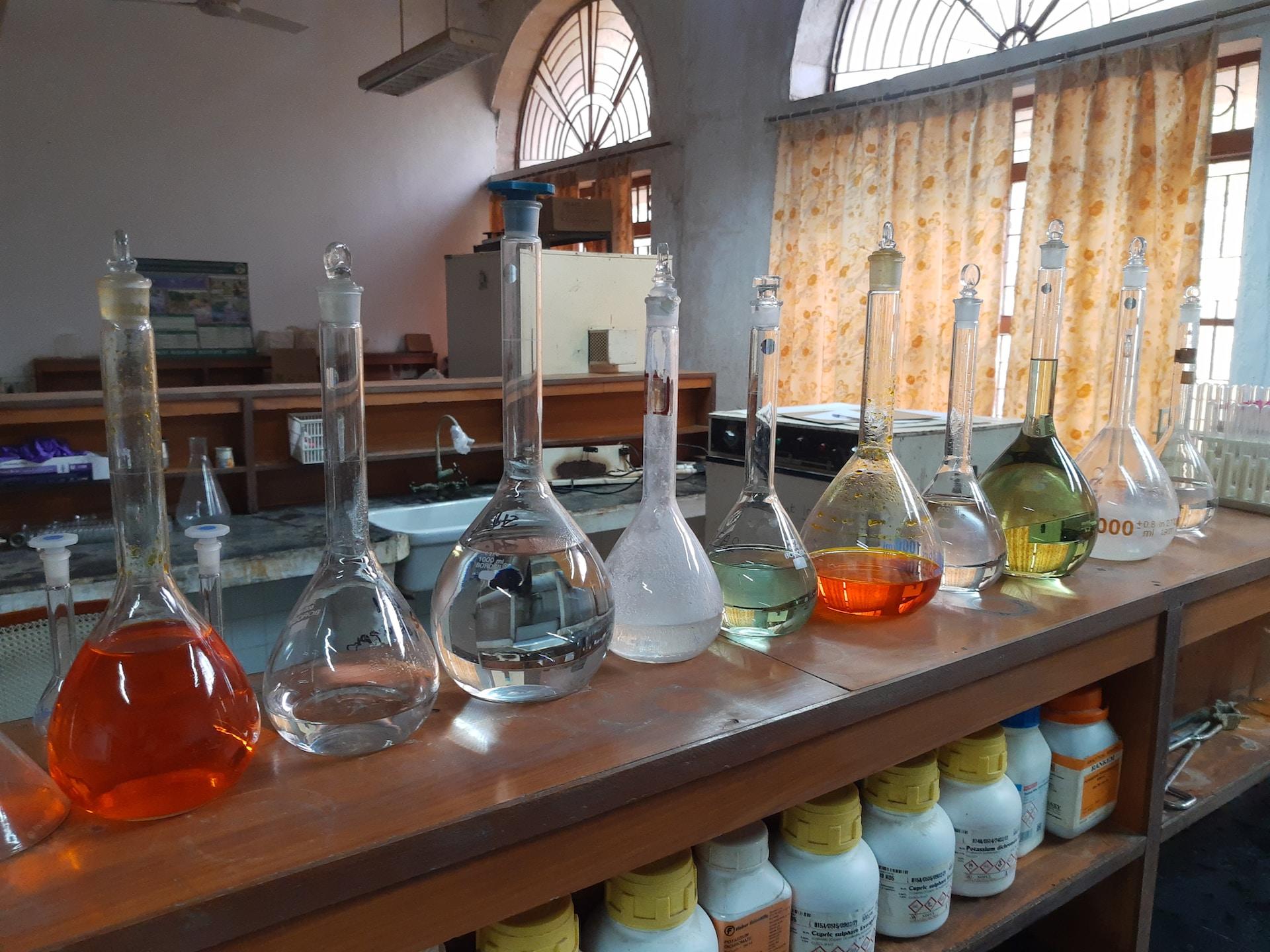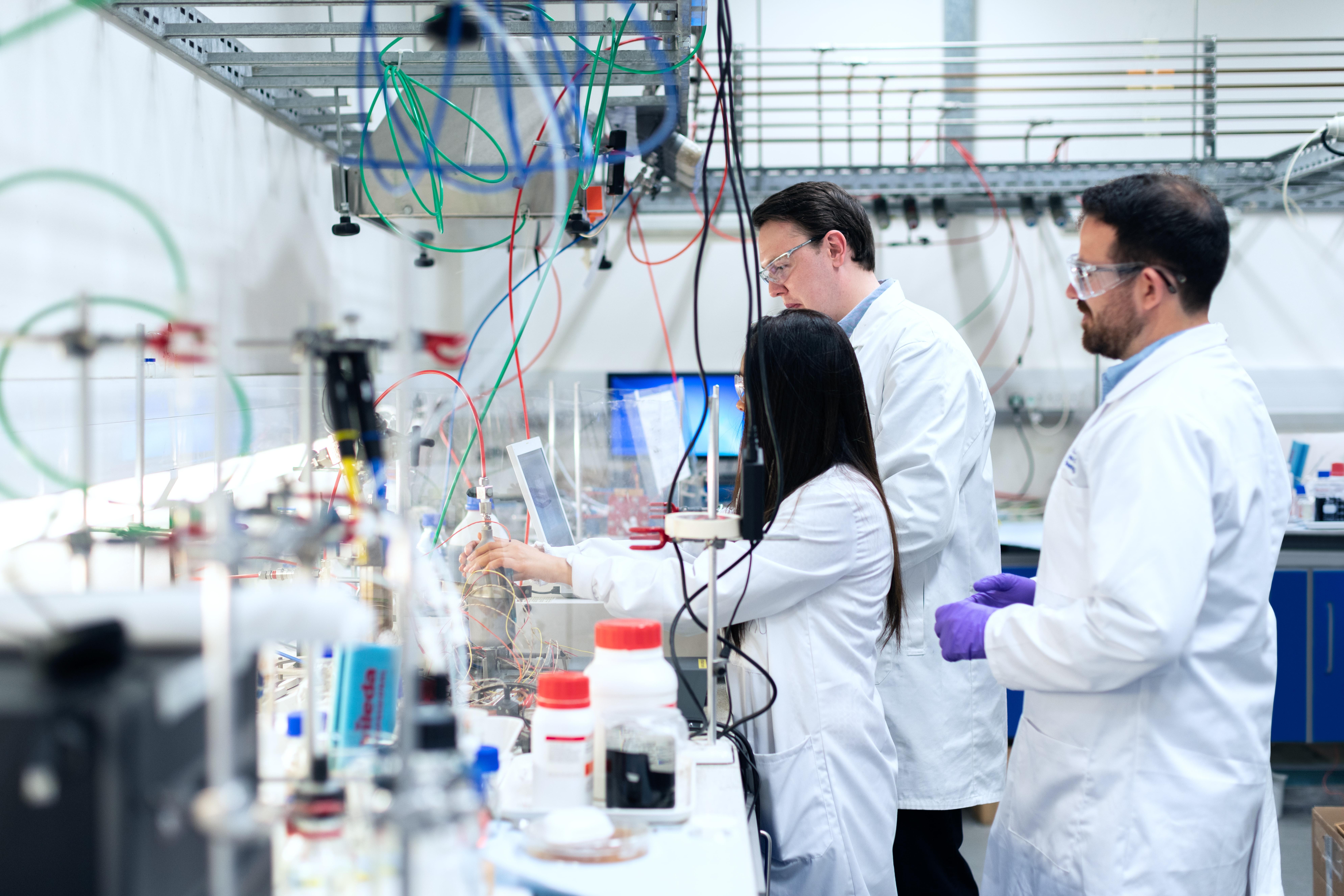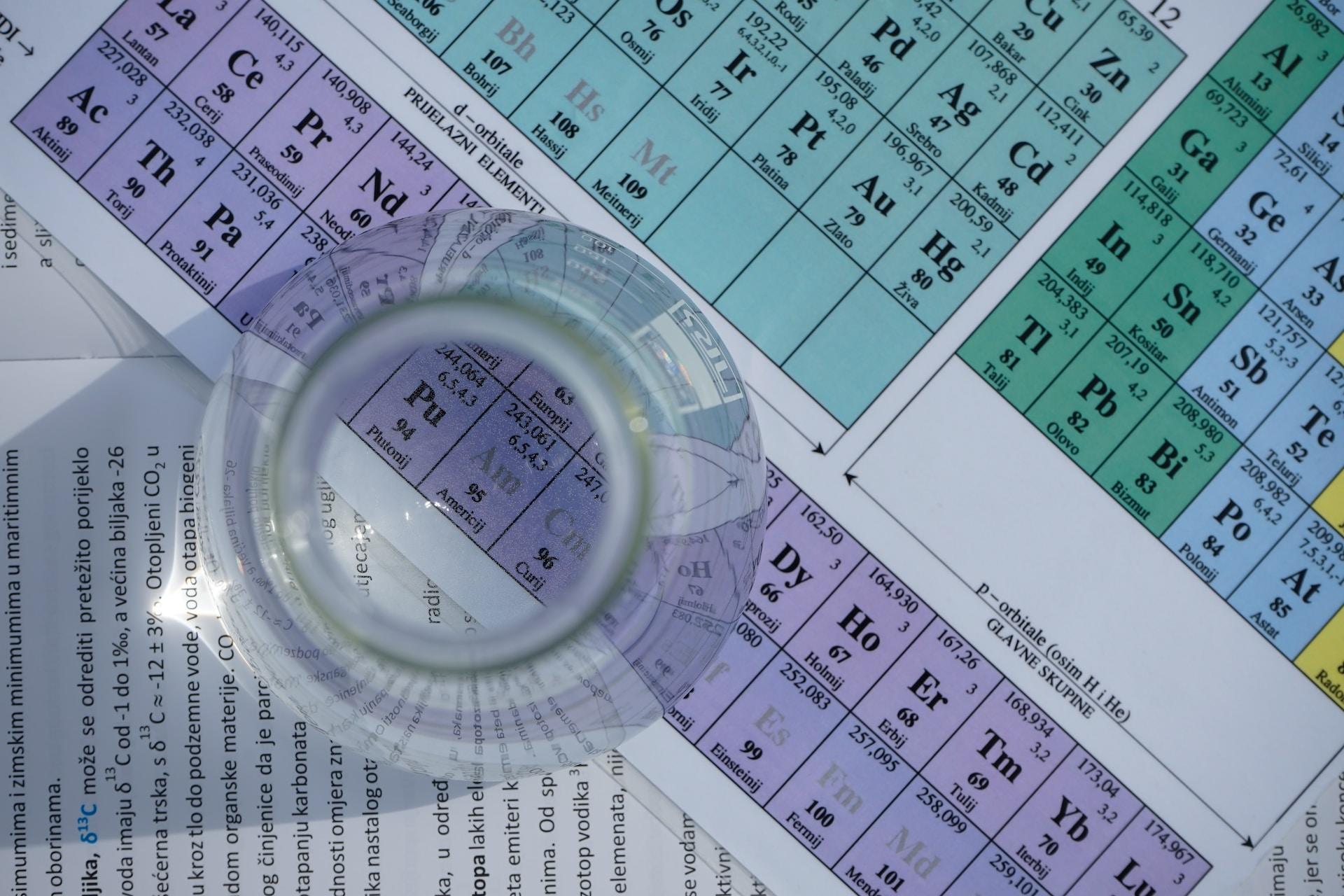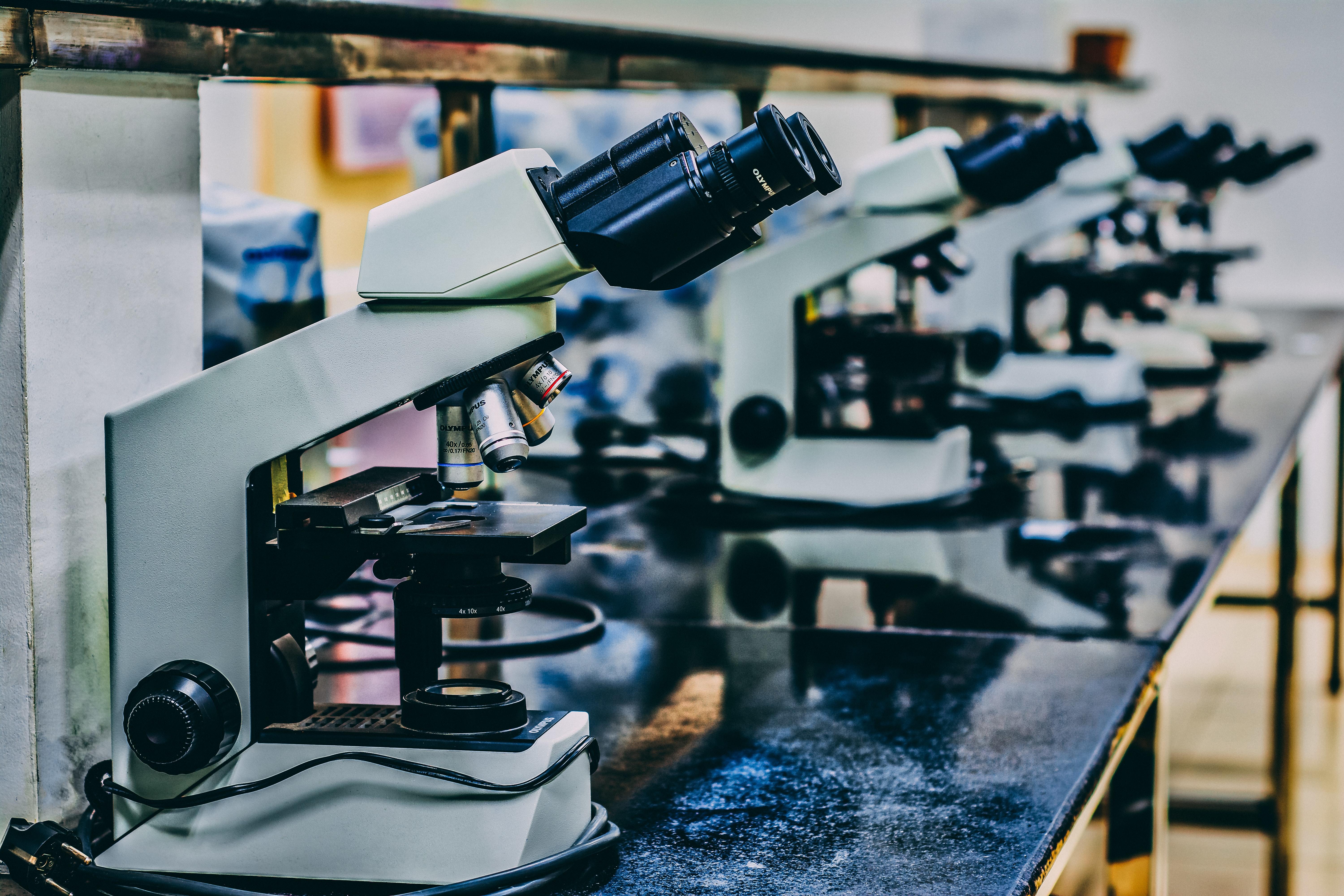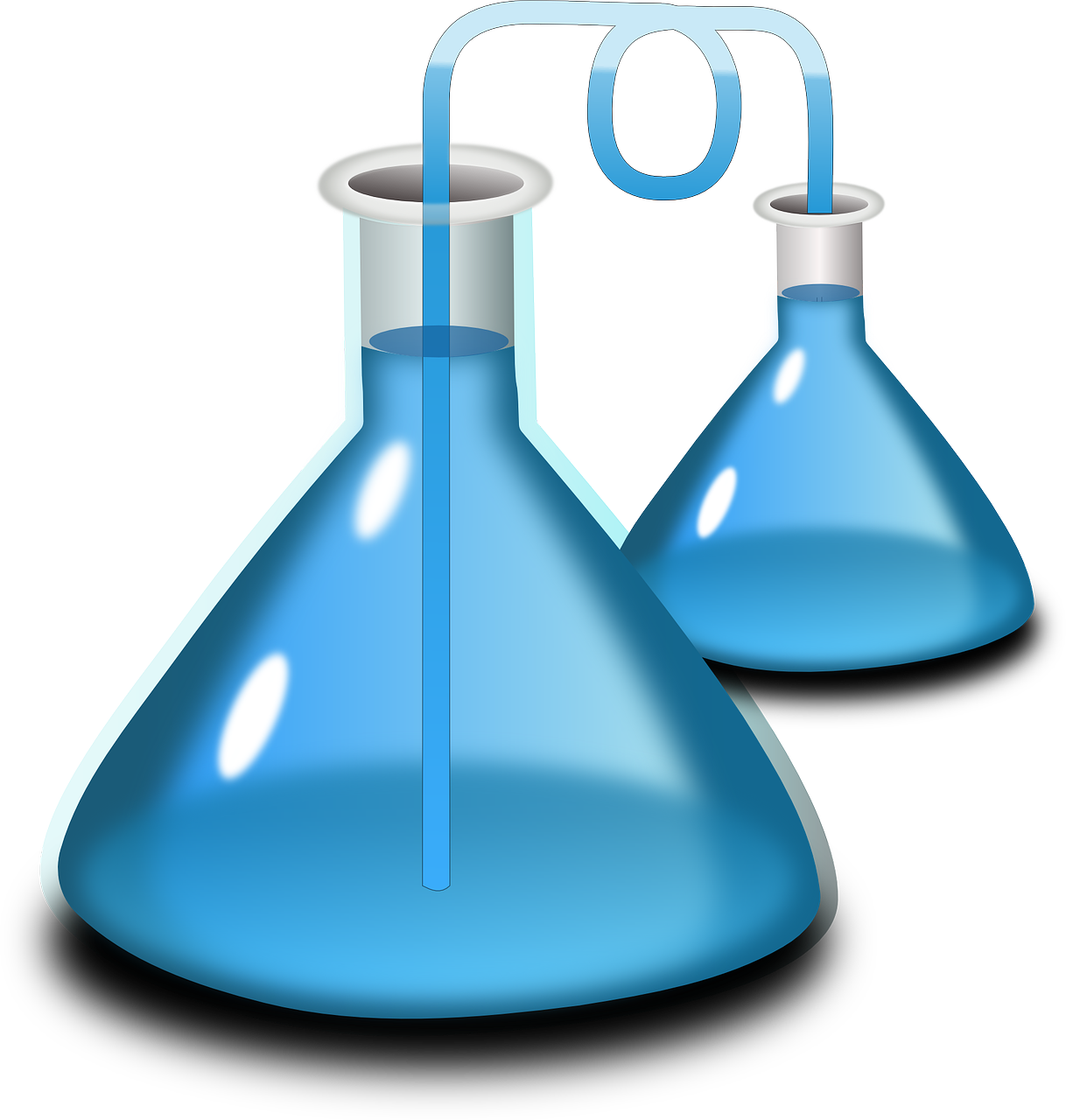Science, and particularly chemistry, is among students' most dreaded subjects. However, their dread is misplaced, their curriculum focuses on the five 'traditional' branches of chemistry. They are: organic and inorganic chemistry, analytic chemistry, physical chemistry, and biochemistry. This chart, and the science aspects the branches of chemistry address, is the best way to view this science.
| 🧄Branch of chemistry | 🧪What it addresses | 👨🔬What these chemists do | 👩🔬Jobs in this field |
|---|---|---|---|
| Organic chemistry | all carbon-based matter | Research Lab work | Chemical manufacturing Pharmaceutical industry Agricultural industry |
| Biochemistry | the intersection between chemistry (the study of matter), and biology (the study of life forms) | Establish/research new discoveries Enhance manufacturing processes Study living organisms at the cellular level. | Forensic science Pharmaceutical industry Monitor and investigate diseases |
| Inorganic chemistry | Materials that contain little to no carbon. | Research, improve on, and develop new chemical compounds. | Pharmaceutical industry Chemical industry Food industry Tech sector |
| Physical chemistry | Forces that act on chemical bodies. | Research to understand chemical processes | Industrial jobs Academic research |
| Analytical chemistry | The practice of separating, identifying and quantifying chemical materials. | Use specialised equipment to identify and sort chemical matter. | Bioanalysis Forensic science Clinical analysis Environmental analysis |

Organic Chemistry: the Fundamental Science

Organic chemistry studies carbon-based life forms. Carbon is present in all known life forms. Carbon is one of the essential elements in our galaxy, and throughout the universe. So, it's no wonder this element is so prevalent.
Of course, organic chemistry courses don't focus on animal and plant studies. That's a different type of science. Instead, this branch of chemistry studies carbon-based matter. We classify them into three groups: hydrocarbons, halocarbons, and carbon-compound matter.
Any chemistry student can tell you that the arrangement and number of atoms determine chemical matter. Some might find that interesting, but how these atoms bind together, and how they react, make this a fascinating science.
Common chemistry mechanisms number in the hundreds.
GCSE students, and their A-Level counterparts, should know about the five most common mechanisms. University chemistry majors will study many more. Industry professionals must be able to identify any chemical reaction (mechanism). Indeed, this is a vital part of organic chemists' work, particularly in these industries:
- pharmaceuticals
- chemical manufacturing
- agricultural industry
- food production
Organic chemistry is a pillar of biochemistry studies. It underpins other disciplines, such as medical studies, technology, and environmental science. Perhaps, even studying the cosmos.
Not only are we in the universe, the universe is in us.
Neil deGrasse Tyson
That renowned physicist reminds that the same elements that make up the universe, also shape and power humans and other animals, and plants. His arguably spiritual observation underscores the deep connections between the sciences. When you strive to understand organic chemistry, you're venturing to peer at the universe's mysteries.
Biochemistry: Understanding Living Things
A firm foundation in organic chemistry prepares students for biochemical studies. This type of chemistry examines the chemical processes that take place in all living things.
Biochemistry also studies the functions and interactions of biological molecules. Fuels, such a proteins, fats and sugars, all impact how biological organisms function. Biochemistry examines these processes, to better understand the meaning of life at the cellular level.
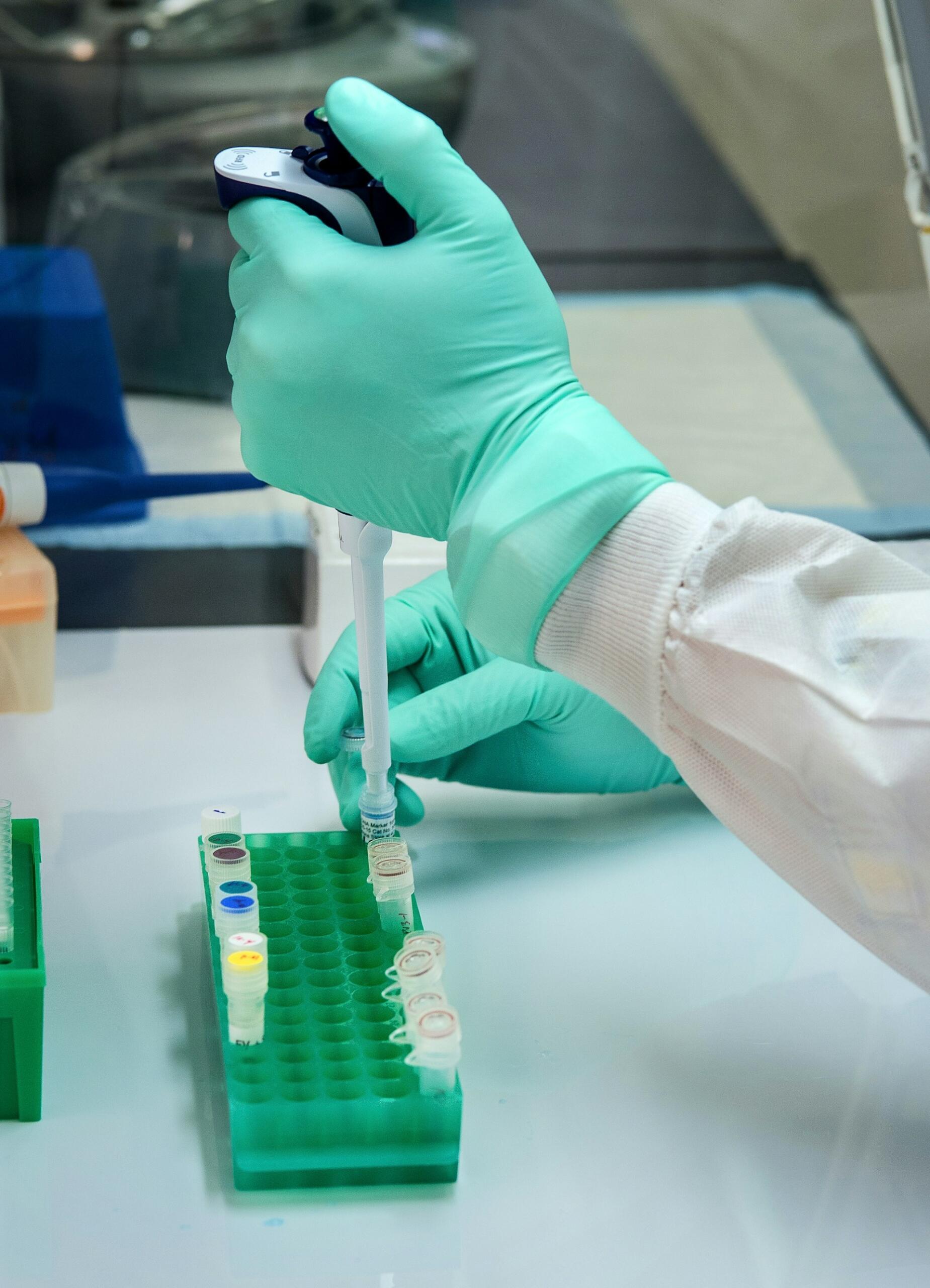
Many types of chemistry break into three main 'study' groups. Organic chemistry features hydrocarbons and halocarbons; biochemistry's three groups are metabolic, enzymatic, and structural.
Metabolic: the chemical reactions to sustain life.
Enzymatic: examining the proteins that fuel those reactions.
Structural: the study of structures cells build and refine.
As a biochemistry student, you'll investigate all three groups. However, as you specialise your learning, you may choose a particular group to devote your studies to. At the graduate level and higher, you might apply to a Molecular and Cell Biology program, for instance.
Biomedical research programs are equally popular, as they broaden career prospects. Despite these greater opportunities, most biochemistry work happens in laboratories. Should a life of laboratory research not suit you, consider these careers:
Wildlife biologist

- conducts census and research
- studies wildlife disease
- assists in conservation
Clinical Biochemist
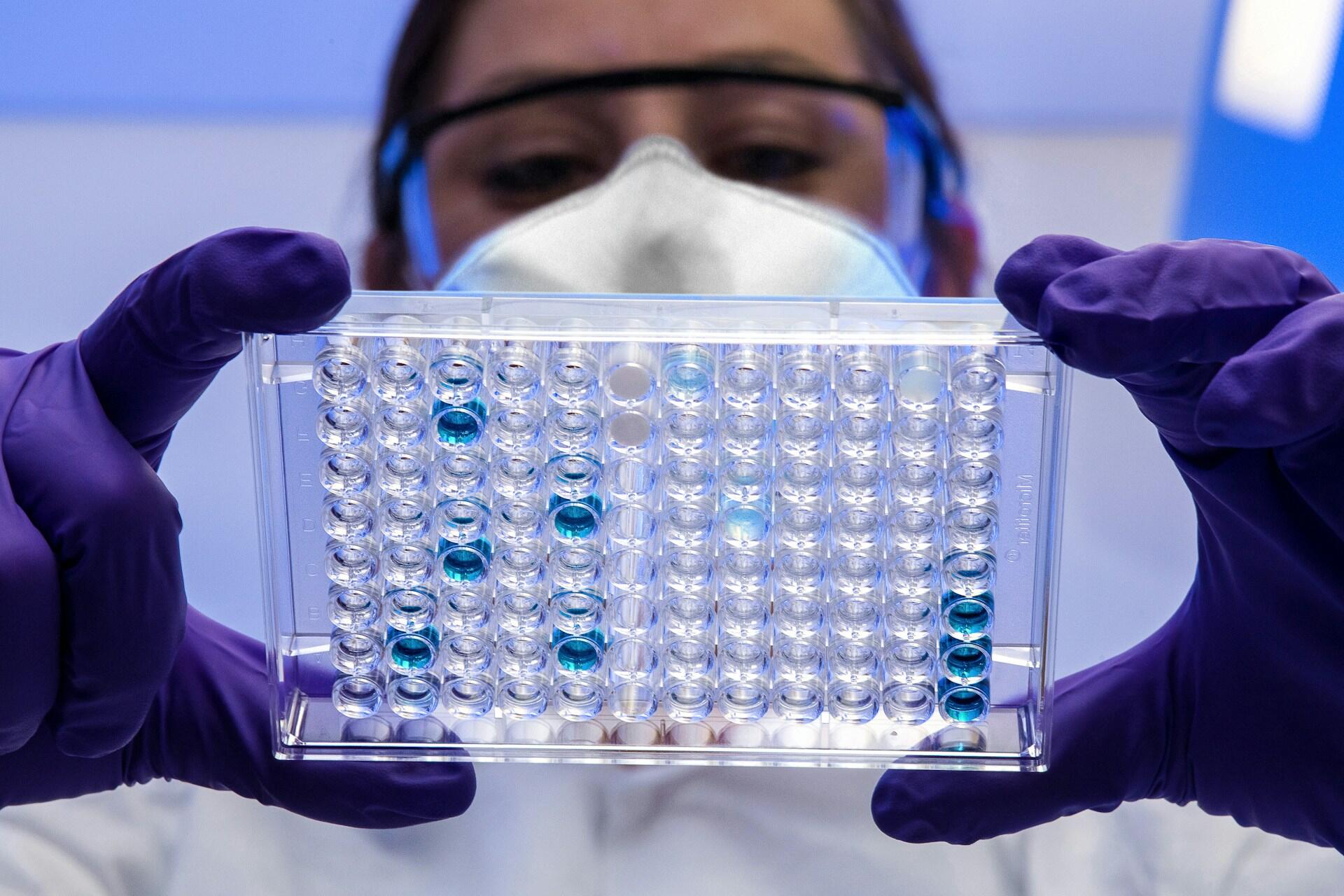
- test patient samples
- investigate abnormal test results
- help in preventing and treating disease
Science teacher
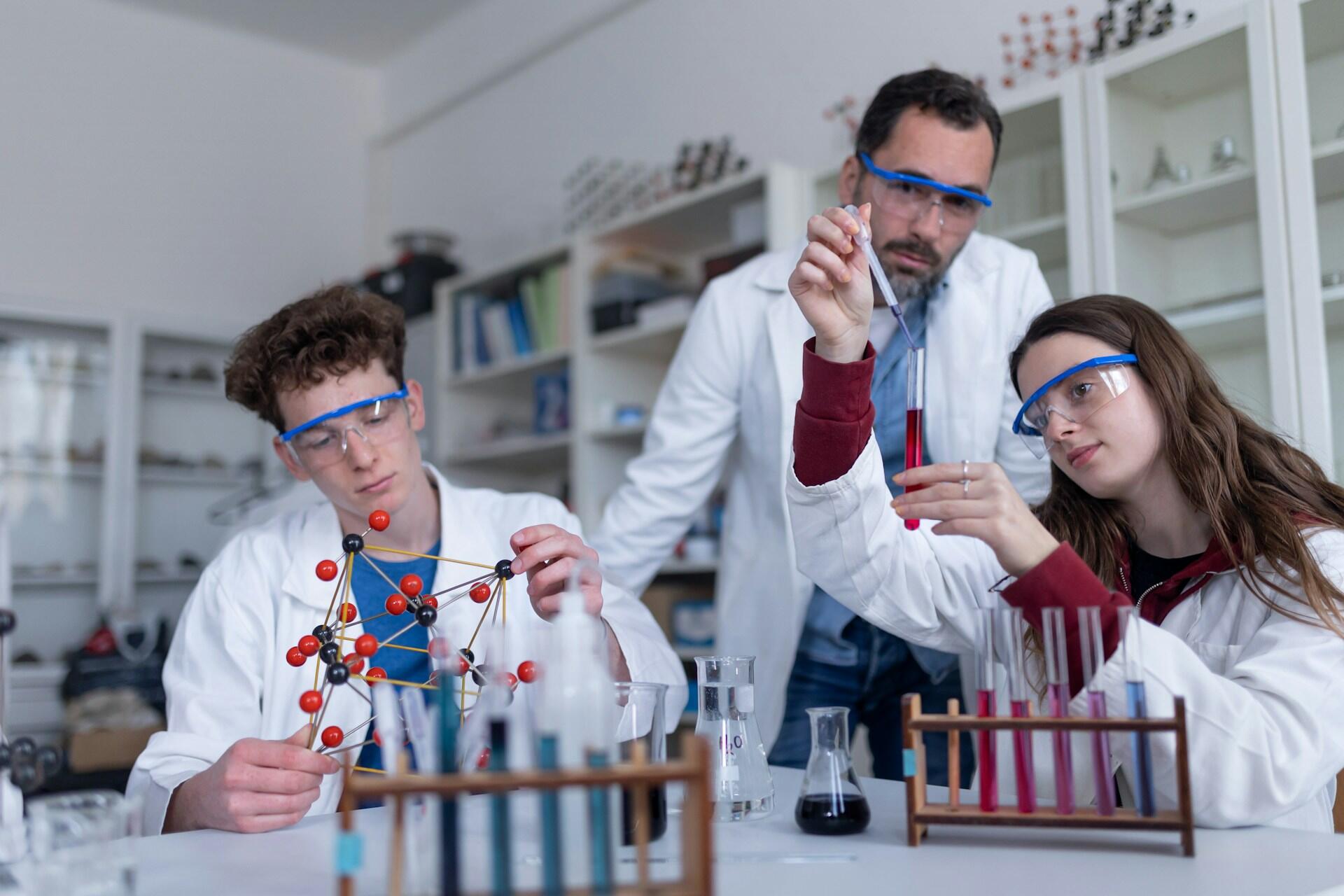
- teaches core science concepts
- instils scientific principles
- conducts and oversees experiments
Government worker

- coordinates environmental efforts
- gives input on science matters
- helps maintain public safety
In themselves, biology and chemistry are complete sciences. Studying either one will pave the way to a rewarding career.
But, blending the two extends the scope of both fields, while adding a deeper dimension. If you want to understand the building blocks of life, explore all that biochemistry courses deliver. As this clip demonstrates, this type of chemistry has a lot to offer.

Inorganic Chemistry: Revealing the Overlap

Inorganic chemistry studies non-carbon-based chemical compounds, as well as creating such compounds. Such might be paints and pigments, medications, fuel products, and fertilisers.
It's wrong to say that organic chemistry studies carbon-based matter, and inorganic chemistry studies non-carbon-based matter. Mainly because some inorganic matter contains carbon.
A sub-discipline of inorganic chemistry that studies materials with chemical bonds between a carbon atom and a metal.
Some inorganic matter can be found in nature, those with names you are likely familiar with:
- quartz
- mica
- calcium
- iron
- magnesium
- potassium
- sodium
- phosphorus
- iodine
- clay
- silt
- feldspar
Others are typically formulated in laboratories. They include various medicines, cleaning compounds, refrigerants, and other frequently-used chemical compounds.
Students won't find targeted inorganic chemistry studies until the graduate level. Still, GCSE learners, A-Level candidates, and undergraduates will find aspects of this branch of chemistry in their general chemistry courses. Specifically, they will examine:
GCSE students
- alkali
- metals and transition metals
- halogens
- noble gases
- acids, bases and salts
- acids, alkalis and titrations
- metals extraction and uses
- atmospheric gases
A-Level students
- periodic table
- redox
- metals and reactions
- properties of halogens
- complex ions
- ligand substitution
- catalysis colorimetry
- transition elements
Undergraduate students will delve deeper into these topics, while exploring new concepts. This gradual building of inorganic chemistry aspects prepares learners for higher-level, specialised curriculum in this field.
Many of our current geopolitical flashpoints revolve around inorganic chemistry.
Learners at all levels may latch onto this type of chemistry, especially if they know about its career possibilities. They include rare earth (minerals) mining and refining, developing green technologies, and helping engineer advanced computer chips.
From that, we know today's cutting-edge industries revolve around inorganic matter. So, studying inorganic chemistry may put you at the forefront of tomorrow's technologies.
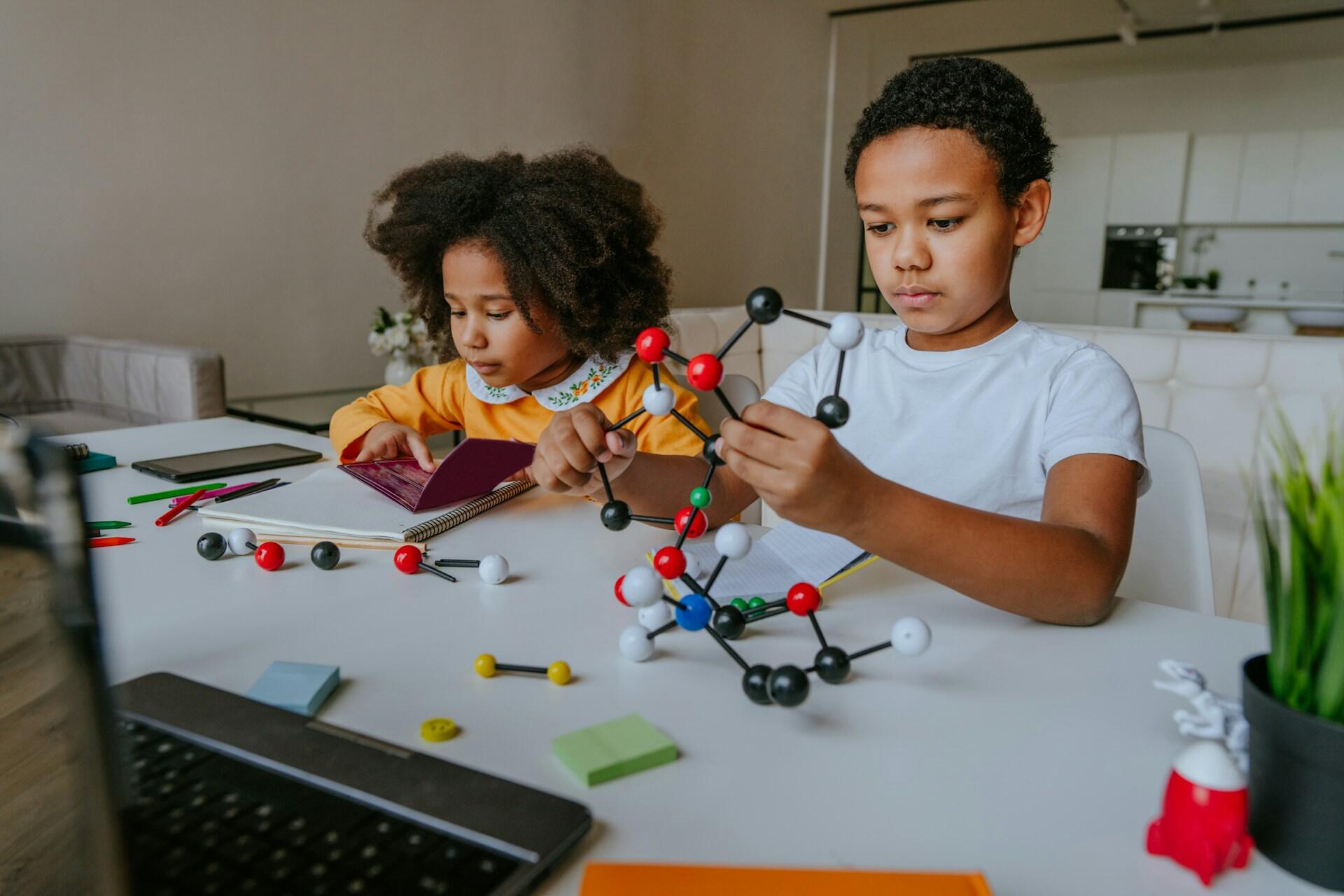
Physical Chemistry: The Type of Chemistry That Explains
Even the most elementary chemistry student knows that matter consists of atoms that bind together to form molecules. Physical chemistry explains the stability of those molecules and how they react under various conditions.
Physical chemistry explains almost everything that underlies other types of chemistry.
The trick to understanding this type of chemistry is focusing on the physics 'label'. Heat, motion, and balance are all purviews of physical science. They are exactly concepts that physical chemistry explores, in relation to the fundamental science.
Inorganic chemistry has substantial overlap with its physical counterpart, particularly when studying the behaviours of inorganic matter. Recall that a large part of created substances (paints and cleaning compounds) are inorganic. How will the chemicals react when mixed together?
Never mix bleach with ammonia!
Mixing sodium hypochlorite (bleach) with hydrogen nitride (ammonia) causes an immediate, and potentially toxic reaction. These two inorganic compounds, when exposed to one another, undergo a violent rearranging of atoms.
This action generates heat and provokes a change of state (from liquid to chloramine gas). Present in sufficient quantities, this mixture may even explode.
It's a safe bet that the first chemists attempting this mixture quickly realised its dangers. However, it wasn't until physical chemistry became an established science, that anyone knew why it was so volatile.
Studying Physical Chemistry
Like inorganic chemistry, you won't study physical chemistry until you enter graduate school. But, you will touch on aspects of this branch of chemistry throughout your chemistry education. Particularly chemical reactions, movement and thermodynamics.
Specialising in physical chemistry guarantees you a career in research. You might join an academic research team, or find your place in a chemistry-oriented industry. Such may focus on developing new substances and products, or refining existing ones.
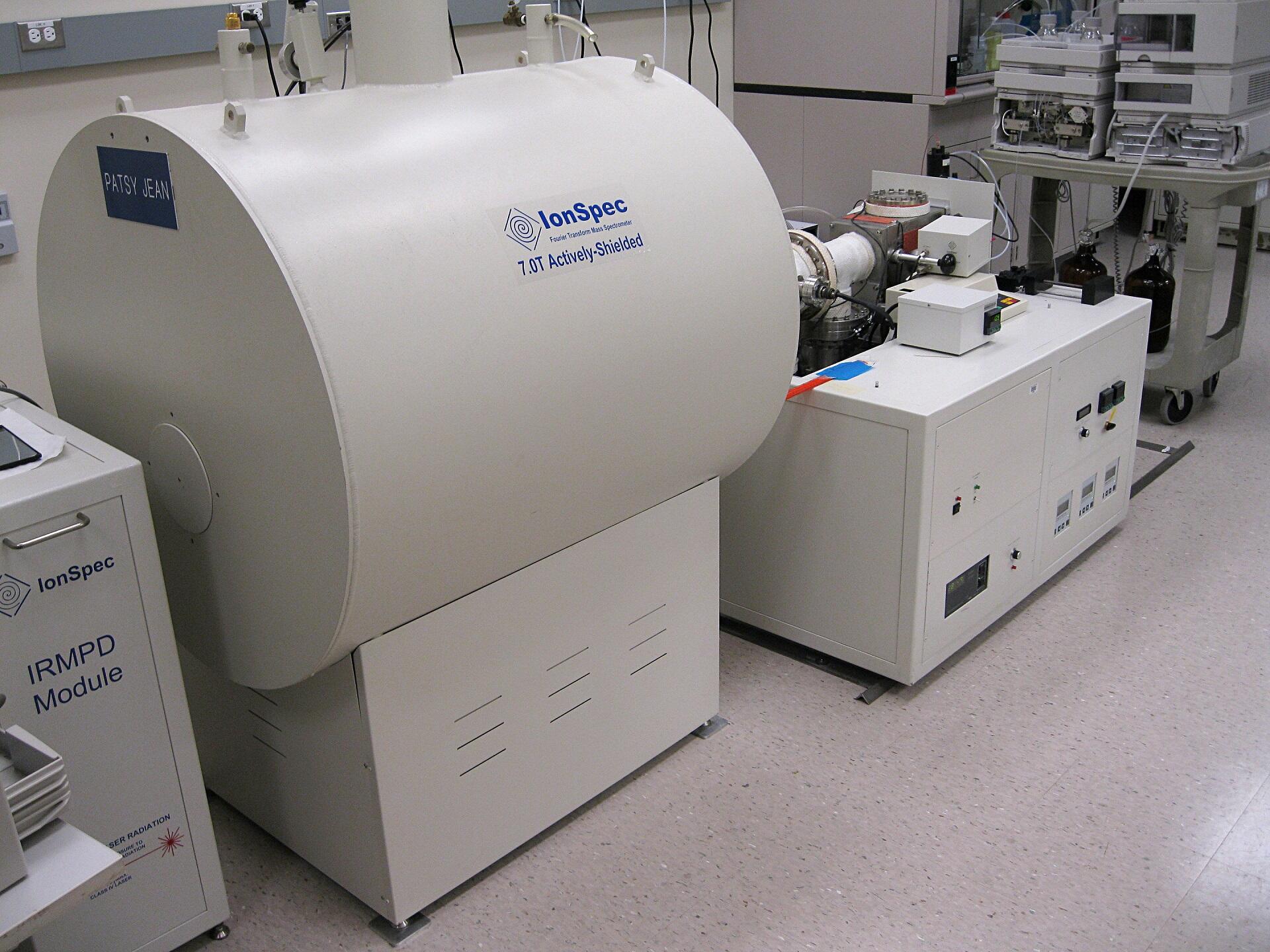
Analytical Chemistry: Categorising Matter
This branch of chemistry does exactly what its name says. It analyses matter and substances to catalogue its structure and composition. Analytical chemists do not concern themselves with reactions, or the potential any chemical has for industrial applications.
These professionals use sophisticated machines to examine, identify, and categorise chemical samples. If you've ever watched any crime or medical dramas, you are likely familiar with such equipment's names.
- Mass spectrometer: a machine that measures ions' mass-to-charge ratio
- Electron microscope: a powerful microscope that uses electron beams for light
- particle size analyser: a machine to determine the size of particles in a sample
- Gas chromatograph: separates and analyses compounds that can vaporise without decomposing
Of course, not all analytical chemists work in crime-solving or medicine. This type of science is prevalent throughout the industry, and it concerns itself with environmental matters, too. For instance, an analytical chemist might test air and water samples, to count and list any contaminants.
Secondary school students have more exposure to analytical chemistry principles than some of the other types of chemistry. Their GCSE curriculum calls for them to conduct qualitative and quantitative tests, as well as precipitate tests, and record their results.
A-Level students will review the classical tests they conducted at the GCSE level, before trying instrumental analysis methods. Undergraduate studies take analytical chemistry yet further, in preparation for graduate-level studies.
Analytical chemistry would be an impossible science, if not for physical chemistry. While the former focuses on identification and quantification, the latter provides the techniques that define the scope of analysis.
Mastering analytical chemistry basics is easier than other branches of chemistry, in several ways. Moreover, this being a hands-on subdiscipline makes analytical chemistry exciting, accessible, and relatable.
All chemistry studies promise a secure, satisfying career. This type of knowledge is forever in demand, and that demand is growing, across all types of chemistry fields.
Summarise with AI:

